Ever pondered the impressive perks of using green energy? Given the burgeoning cognizance about how traditional energy sources are affecting our environment, the switch to green or renewable energy is becoming a popular trend. Why don’t we dive in and unpack the concept of green energy, and the reasons why it’s gaining so much traction lately?
Green energy is a form of electricity that is sourced from natural and sustainable resources, such as solar, wind, hydro, and geothermal energy. Unlike conventional forms of power, green energy sources replenish naturally and are virtually inexhaustible. But what does that mean for you? Well, swapping to green energy not only significantly reduces carbon emissions but also offers numerous other advantages.
💚 Green energy is our future. With numerous benefits to both environmental and personal factors, it’s a powerful solution for a sustainable world.
As we move forward in an era where sustainable living is more than just a trend, it becomes crucial to be well-aware of the many ways green energy can positively impact our lives and the environment. Curious to know more? Keep reading to explore the top eight benefits of using green energy, which might motivate you towards greater environmental responsibility and welcoming a more sustainable lifestyle.
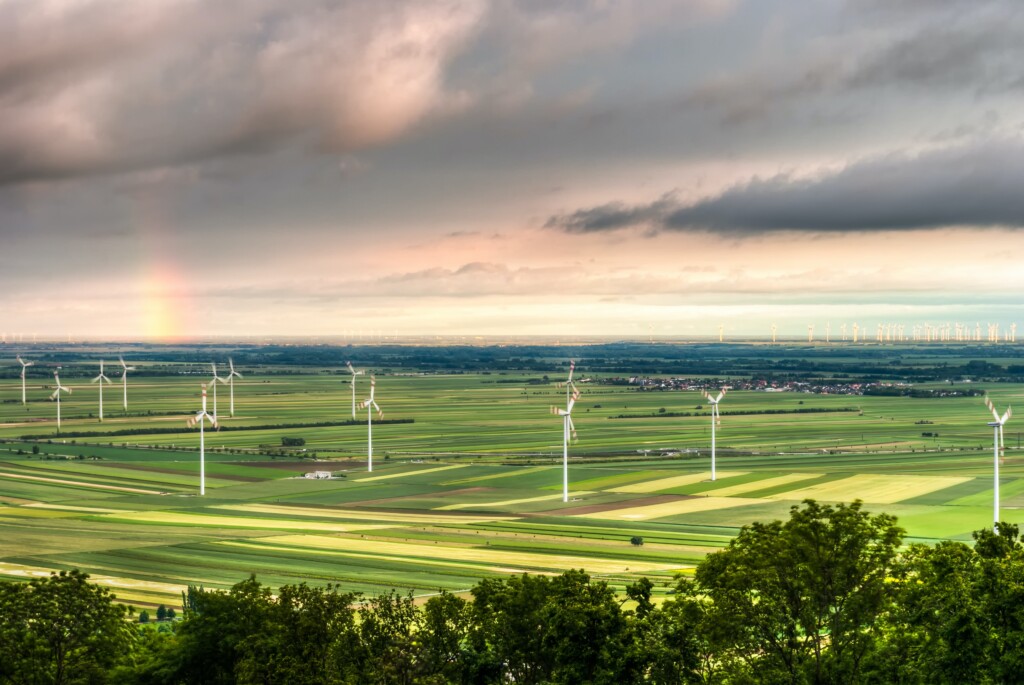
Green energy, often referred to as renewable or clean energy, comes from natural sources like sunlight, wind, and water. Unlike fossil fuels, these energy sources are inexhaustible and cause little-to-no damage to the environment. As the concern for the environment grows on a global scale, more and more people are recognizing the potential of green energy. Here are some remarkable benefits of using green energy:
Green energy, often referred to as renewable energy, contributes significantly to the reduction of the environmental impact associated with traditional sources of energy. The primary difference lies in the way green energy is generated and sourced. Here’s how renewable energy helps in mitigating the adverse effects on our environment.
The use of fossil fuels for energy contributes to a considerable chunk of greenhouse gas emissions, mainly carbon dioxide (CO2) and methane (CH4), which are closely linked with global warming and climate change. On the contrary, green energy sources, such as wind, solar, hydro, and geothermal, have practically zero emissions during operation. This contributes to a significant reduction in overall emission levels when large scale adoption occurs.
💡 With green energy, we are not just cutting down the carbon emissions but also stepping towards a cleaner and healthier environment.
Traditional power plants require considerable amounts of water for cooling and processing fuels. This consumption contributes to water scarcity. However, most green energy systems use significantly less water. For instance, wind and solar photovoltaic systems use no water in their operation, decreasing the pressure on this critical life-sustaining resource.
Traditional energy methods generate by-products and waste, some of which is hazardous, as in the case of nuclear power. In contrast, green energy sources like wind, solar, and hydro don’t produce waste materials or by-products, contributing to lower pollution levels.
Unlike fossil fuels, which are finite and rapidly depleting, renewable energy sources are inexhaustible. Therefore, the shift to green energy results in the preservation of limited natural resources, ensuring their availability for future generations.
In conclusion, the use of green energy significantly reduces the environmental impact that is heightened by the use of traditional energy sources. By adopting green energy, we can create a sustainable future that’s healthier and safer for all inhabitants of this planet.
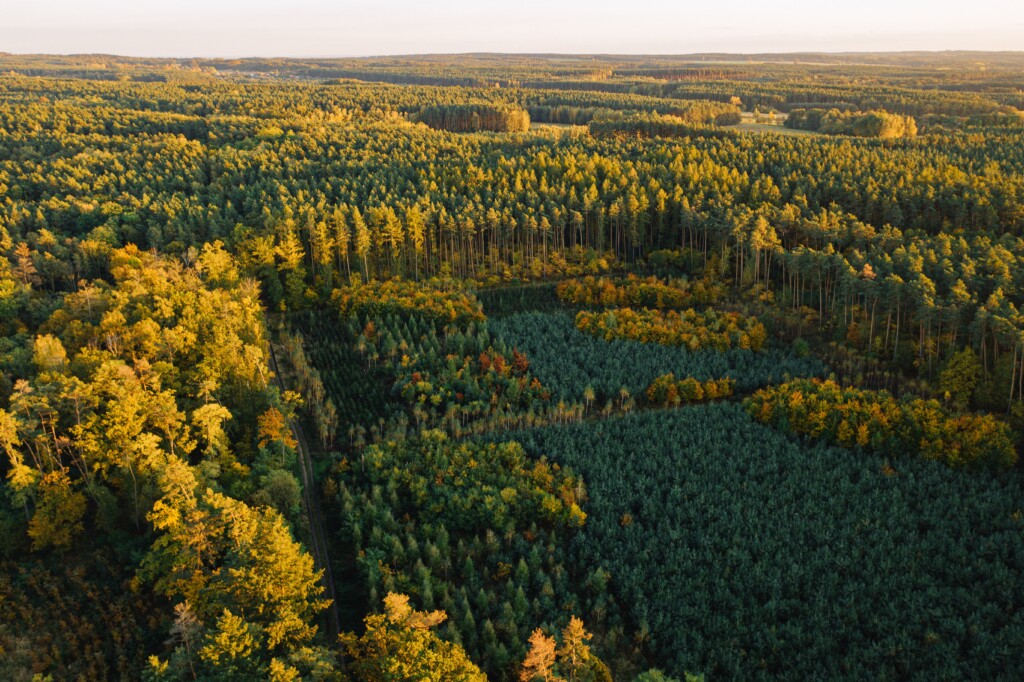
Switching to green energy can have a substantial positive impact on the economy. It not only provides a sustainable power source but also creates numerous job opportunities and stimulates economic growth. Here are the main economic benefits of using green energy.
💼 Job Creation: The green energy industry is labor-intensive, employing a substantial number of workers from installation to maintenance. Moreover, many of these jobs belong to the local sphere, supporting local economies and promoting community development.
🪙 Stimulating Economic Growth: With the global shift towards green, renewable energy, economies which harness this trend can create more wealth from domestic renewable energy sources instead of buying and importing fossil fuels.
🔌 Energy Price Stability: Renewable energy costs are becoming increasingly competitive and offer an advantage of price certainty. Unlike fossil fuels, the costs are unlikely to fluctuate drastically, providing predictability for businesses and households.
📈 Green energy holds the potential to revive economies, shaping them towards a sustainable future while ensuring energy independence.
Let’s take a closer look at green energy’s role in job creation. Below is an illustrative chart that provides data about job generation in different sectors of the green energy industry.
In a nutshell, green energy offers significant economic benefits, including job creation, economic growth stimulation, and price stability. Its potential to reshape our economies toward sustainability cannot be overstated.
Imagine being completely self-sufficient with your energy needs. Sounds liberating, doesn’t it? When you choose to embrace green energy, you are taking a significant step towards energy independence. Let’s delve deeper into how green energy could offer you the freedom from reliance on traditional fuel-based forms of energy.
Green energy isn’t like fossil fuels, which are limited resources distributed unequally across the globe. Instead, green energy sources like sunlight, wind, and water are available everywhere in abundance. This universal availability gives you the freedom to generate power right where you are. You wouldn’t have to worry about importing coal or natural gas, let alone the rising costs or the sudden or unexpected disruption of supplies.
Technology involved in harnessing green energy also supports this autonomy. Unlike traditional power plants which are massive in size and highly centralized, green energy systems can be small-scale, situated right at your home, or large-scale, spread out across the landscape. And they can work independently.
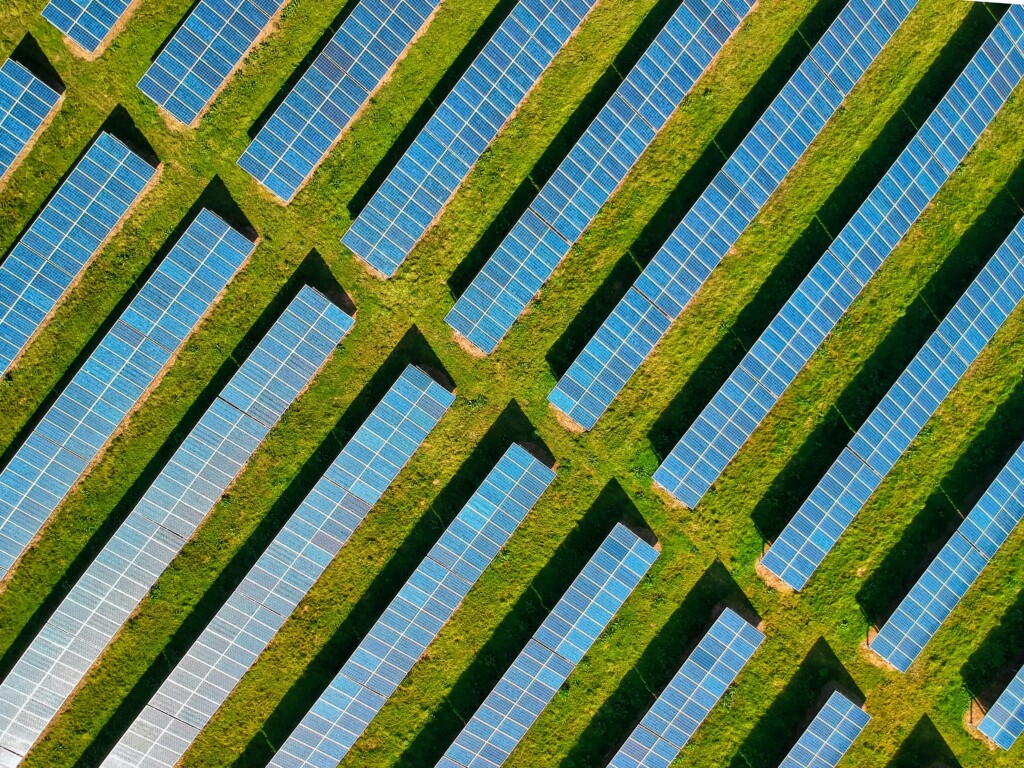
☁️ The sun doesn’t shine? You can resort to wind energy.
🌊 No wind blowing? You can tap into hydroelectric power from local water bodies.
🌋 Neither sun nor wind or water accessible? Geothermal energy might be your solution.
So, green energy provides you with multiple fallback options, another step towards energy independence.
Taking this one step further, if you produce more green energy than you consume, you can store this excess for later use or even sell it back to the grid, effectively dropping your power bill to nil or turning it into a source of income. While this depends on your location and local regulations, it’s entirely possible to get your meter to run backwards!
In conclusion, making a switch to green energy isn’t just an ecologically responsible step, but puts you one step closer to an independent, self-sufficient power setup. This is the true power of green energy, enabling you to break free from the shackles of traditional, fossil-fuel-based energy sources.
Isn’t it exciting to ponder the broadened horizons green energy has in stock for our energy supply? It’s nothing less than a revolution that helps to diversify and secure our sources of energy. After all, no one likes to put all their eggs in one basket.
The transition to green energy offers the promising prospect of a polyvalent energy supply grid. We’re talking about a future where possibilities range from wind farms spinning leisurely on rural horizons to solar panels glittering atop our cities’ rooftops. Let’s not forget the immense potential of hydropower and bioenergy, quietly converting terrestrial and aquatic forces into power.
⚡ Green energy provides a buffet of power production options, which allows for strategic planning that considers regional materials, climate, and geography.
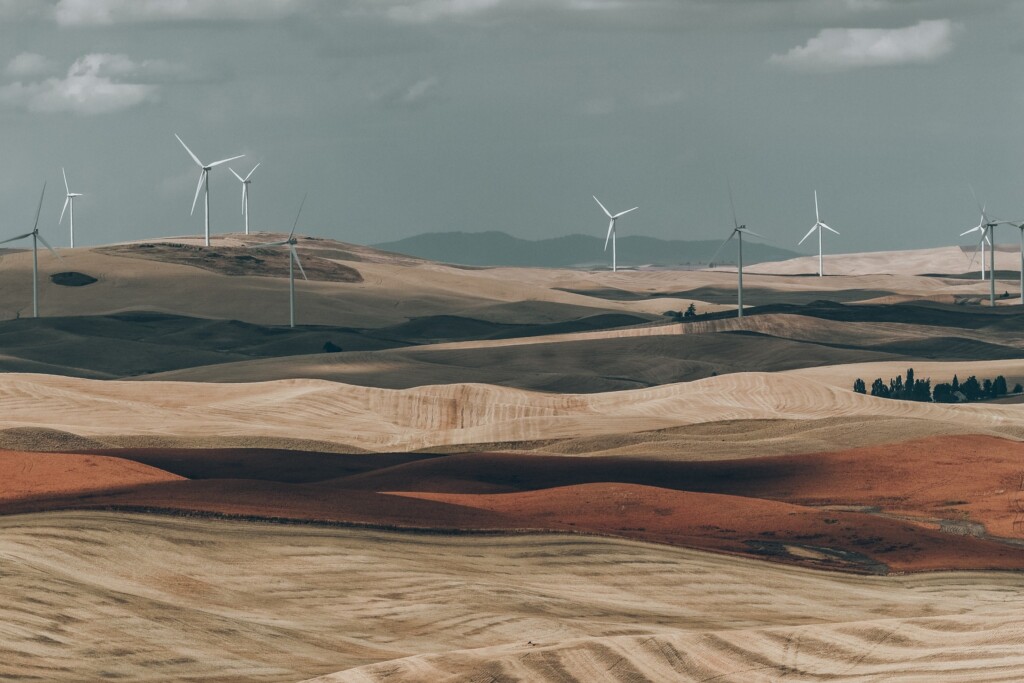
Solar power, for instance, can prosper in sun-drenched areas, while windswept locales can accommodate wind farms.
Fast-flowing rivers or large water bodies can spawn hydropower projects, and regions with abundant organic waste can generate bioenergy.
Diversifying our energy sources not only bolsters our grid against the unpredictability of a single energy source but also ensures a continuous power supply. For instance, calm days or cloudy skies would be less of a worry if we have hydropower or bioenergy to fall back on.
| Green Energy Source | Potential Region |
|---|---|
| Solar Power | Sun-drenched Areas |
| Wind Power | Windswept Locales |
| Hydropower | Areas with Large Water Bodies |
| Bioenergy | Regions with Abundant Organic Waste |
Therefore, green energy’s potential to diversify our energy supply is a significant benefit, ensuring a more secure and resilient energy future.
Generating electricity with renewable energy rather than fossil fuels can significantly improve public health. It decreases air and water pollution that’s associated with health problems and costs. Furthermore, using green energy reduces carbon dioxide and other greenhouse gases that contribute to global warming.
Decreased exposure to these pollutants can lower the risk of premature death and other health impacts such as heart attacks, respiratory problems, and even neurological damage. As a result, communities that rely on green energy are often healthier and have fewer instances of asthmatic conditions, heart disease, and similar health concerns.
Moving to renewable energy sources can also lead to a better quality of life. With fewer pollutants in the air and water, you and your neighbors can enjoy clearer skies and cleaner bodies of water. This not only makes outdoor activities more enjoyable but can also contribute to the overall wellness of your community. Imagine a world where instances of kids missing school due to asthma attacks are significantly reduced, or where you can jog every morning without worrying about inhaling harmful pollutants. Isn’t that a world we all want to live in?

In addition to the immediate health benefits, there are longer-term implications as well. Greater use of green energy means fewer climate changes, which can result in fewer heat-related illnesses and less spread of infectious diseases. In fact, by reducing our reliance on fossil fuels and transitioning to renewable energy, we’re not just saving the planet – we’re saving lives.
Lastly, green energy can foster job growth and stabilise energy costs, improving the socioeconomic conditions of communities. Healthy citizens can contribute more to the workforce, and stable, affordable power can lower the cost of living, contributing further to your well-being and quality of life. Therefore, switching to green energy doesn’t only provide environmental advantages, but significant health and socioeconomic benefits as well.
Green energy is dependable and less likely to experience large-scale failures because they are distributed and modular. For instance, if one wind turbine stops working, it doesn’t affect the productivity of other turbines.
Green energy sources like solar panels and wind turbines, unlike more traditional forms of energy production, don’t necessarily rely on a single point of production. Instead, they use numerous smaller units working in concert. This means that if one panel or turbine fails, the overall power network is not impacted significantly as the others continue their operation, providing an uninterrupted source of power. This distributive nature of green energy leads to increased reliability and resilience, minimizing the risk of blackouts or disruptions.
Besides, many renewable energy sources are less susceptible to large-scale disasters such as oil spills or nuclear meltdowns, making them considerably safer alternatives. In fact, many green energy infrastructures can withstand extreme weather conditions, protecting the constant flow of power, even in the face of unexpected events.
Furthermore, with the evolution of smart grid technology, the management and distribution of green energy are becoming increasingly efficient. Smart grids, in combination with green energy, can intelligently respond to changes in energy demand, ensuring a stable energy supply at all times. In short, they play a significant role in bolstering the reliability and resilience of green energy systems.
The modular nature of green energy production also allows for increased scalability. It is easier and more affordable to add new solar panels or wind turbines to an existing green energy system as the demand for power grows. This crucial aspect not only makes green energy a viable option for small, remote communities but also for large, urban cities.
To conclude, the dependability and resilience of green energy bring great value to our electricity networks, contributing to a sustainable and stable power supply for all. With green energy, we can look forward to a future with fewer energy disruptions and a safer environment.
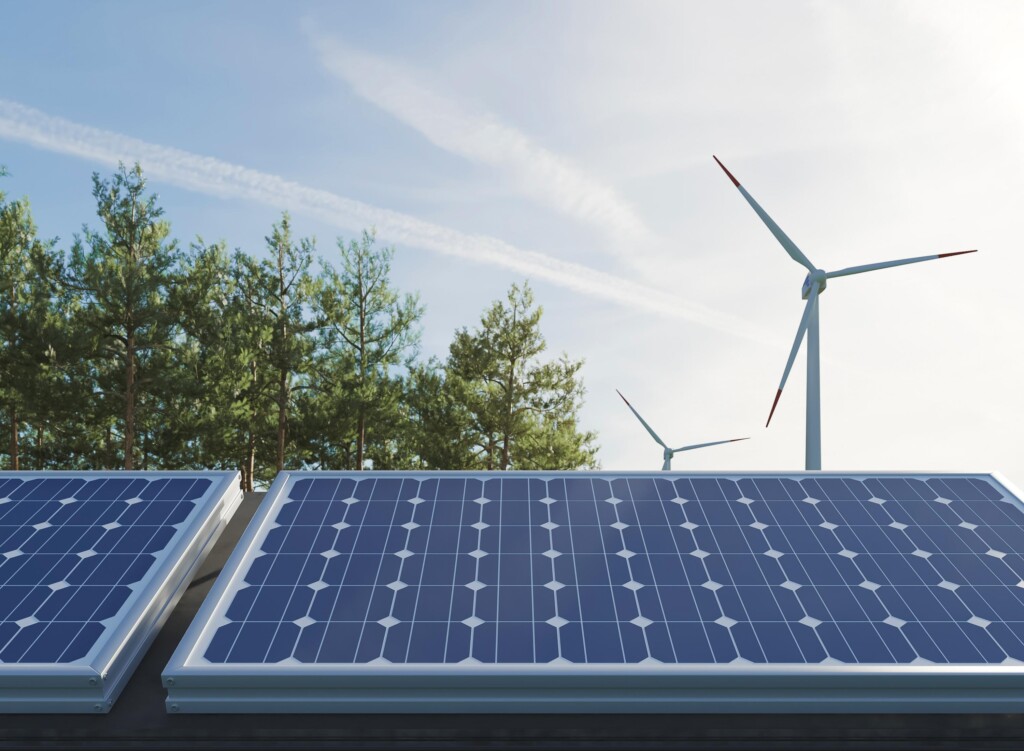
The sources of green energy are abundant. The sun will keep on shining, winds will keep on blowing, and rivers will keep on flowing. So, we have an endless supply of these resources.
☀️ The sun, our primary source of energy, puts out 3.8 x 10^26 joules (a unit of energy) every second, according to NASA.
Even if we could harness a fraction of its energy, it would be more than enough to power our entire planet. To put it into perspective, one hour of sunlight can meet the world’s energy demand for an entire year! But how do we capture this abundant energy?
Solar panels can convert sunlight into electricity, providing a renewable and sustainable solution. Furthermore, the wind, another abundant source of green energy, is estimated to have the potential to produce over 400 TW of power. According to the IEA, the land-based wind turbines alone could provide more than five times the current global energy demand.
Lastly, hydropower derived from rivers, another endless supply of green energy, currently supplies about 16% of the world’s electricity, and this number can still grow. With technological advancements in hydroelectric power, we can expect an increase in energy production from flowing water.
Imagine tapping into these unending sources of energy. Not only is it good for our environment, but it also has significant implications for our energy security. With the right investments in green technology, a future powered by renewable, abundant energy is within reach. This reality alone is a compelling argument for the benefits of green energy.

With the advancement of technology, green energy technologies are becoming more efficient and cheaper. It won’t be long before green energy becomes our primary source of power.
Improved Efficiency: Technological innovations have made renewable energy sources more efficient than ever. Solar panels, for instance, are now capable of converting more sunlight into electricity than ever before.
Cost-effectiveness: Advances in manufacturing and installation processes have helped drive down the cost of renewable energy technologies, making them a more affordable option for consumers and businesses alike.
Storage Solutions: Better battery technology means that we can store green energy for use when the sun isn’t shining or the wind isn’t blowing.
Smart Grids: These use information technology to optimize the production and distribution of electricity, reducing waste and improving reliability.
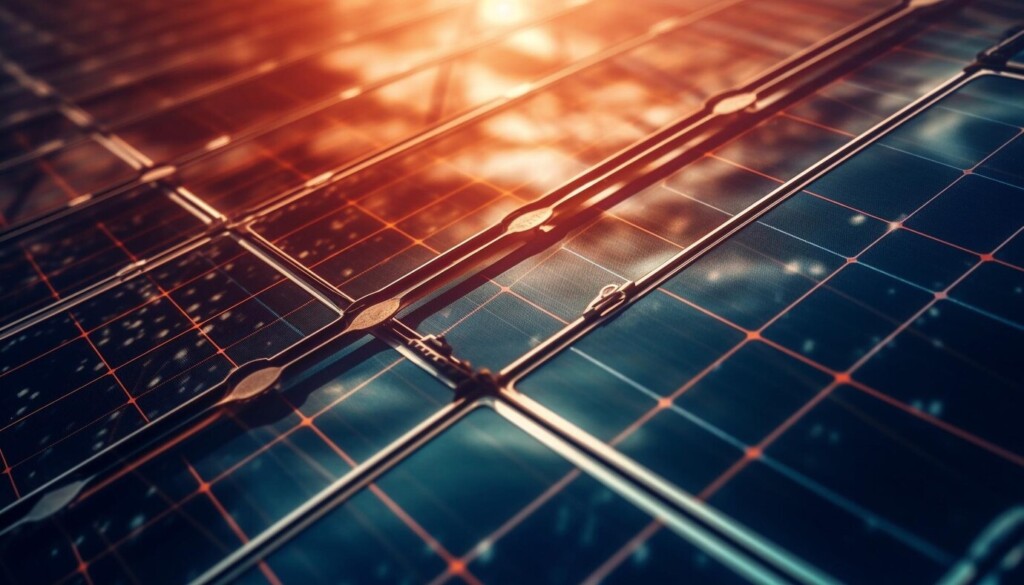
| Technology | Development |
|---|---|
| Solar Panels | High conversion efficiency, less expensive |
| Wind Turbines | Designed for optimal wind capture, cost-effective |
| Energy Storage | Improved battery capacity, scalable solutions |
| Smart Grids | Efficient electricity distribution, waste reduction |
As we reach the end of our discussion, it becomes increasingly clear why green energy holds the key to a sustainable future. The benefits of utilizing this renewable power source are compelling and far-reaching. You’ll be contributing to a cleaner environment while also enjoying cost savings, energy independence, increased property values, and more.
Embracing green energy isn’t just about being virtually carbon-neutral, but also about being forward-thinking and proactive. It’s about making choices today that will have a positive impact on generations to come. After all, we are not just inhabitants of this planet – we are its custodians.
So, what’s stopping you from taking the leap? Isn’t it high time we all began reaping the benefits of green energy in earnest? Let’s remember that every small step counts. Switching to green energy is a decisive step towards a healthier, more sustainable future.
When we harness the power of green energy, we are choosing to invest not just in our present, but, more importantly, in our future.
Stay a while and read more posts like this
Let’s devote a few minutes to envision our world in 2100. It’s quite a thought experiment, given the dramatic transformations our planet has experienced in...
With climate change looming large, the world is embarking on a quest for solutions to heal our ailing planet. Solar geoengineering emerges as a burgeoning field,...
Taking on parenthood comes with unique choices that factor in more than just our family’s immediate needs. For modern parents, who are not just guardians of...